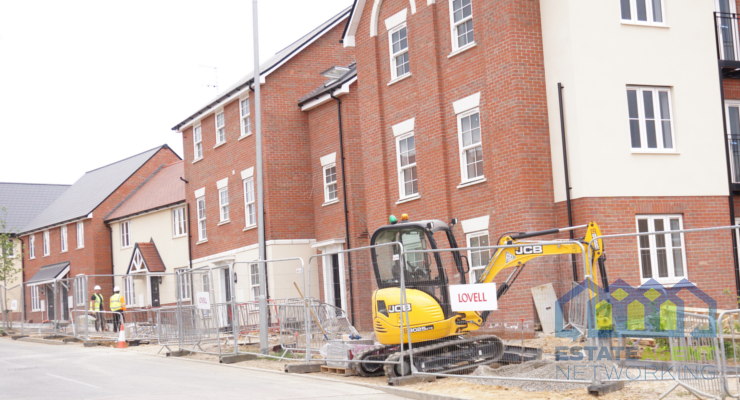Can a non UK resident get a mortgage?
Due to lender criteria, this information is based on an overseas client securing finance of £250,000 and above.
How can a non UK resident get a mortgage?
As someone either looking to buy a property or re-mortgage an existing one from overseas it’s absolutely vital you choose a broker with the widest possible base of contacts. A more conventional “high street” type broker will have their work cut out just trying to find a lender who will do it.
For the end client this will likely translate into an uncompetitive rate, high product fees – or even both – which may make any purchase look less attractive. A well connected broker will have 10 plus ex-pat lenders which is significant for the client. This means your broker can go and source the best possible deal rather than struggle to find someone who will even consider the loan.
How can a non UK resident get a mortgage – what will you need?
In terms of what you will need to demonstrate to the lender, the requirements are broadly the same as if you were taking the mortgage out in the UK. Read our Mortgage Process Guide here.
You will either want a residential or a buy to let mortgage – a house if you are returning to the UK in which to live or a buy to let property which you can rent out as an investment while you are abroad. In terms of how a non-UK resident secures a buy to let mortgage these are the things you should think about…
Rental income is very important – the higher the better as this is what lenders will use to assess whether the loan is affordable.
However, if this is on the low side, don’t worry, some expat lenders will look to use your income to support any shortfall. Some simple checks to confirm your income does bridge the gap will then allow you to proceed. Receiving your income in the local currency will not be a problem with the right lender. Likewise, if you are paid in sterling or dollars and can produce payslips or bank statements confirming your income.
The small details to remember if you are a non UK resident getting a mortgage…
Bank statements and payslips must be in English to be used. On more than one occasion I have an encountered a client with documentation in the local language that cannot be used.
This can slow the buying process hugely while you liaise with your bank/employer for English replacements. This can take time to produce (1 week is not uncommon) and if speed is important to your purchase (as is often the case), it is worth doing this early so once you identify a property you’re interested in you’re ready to move quickly.
If you’re self-employed expat lenders will again need to see evidence of income. What’s important here is the accountant you use is an internationally recognised one – this will provide the lender with the comfort they need regarding your income. A local accountant who only operates in the country you’re living in will not be acceptable. So, as with having income documents in English, consider making these arrangements now if you’re self-employed and looking at property back in the UK.
Arranging this type of mortgage from overseas need not be problematic and time consuming with the right broker. They will be able to use lenders who don’t operate on the high street and consider your wider profile and asset base along with the rental income on the property. In this area more than most, your choice of broker is crucial. Get it right and you could have multiple options to choose from, get it wrong and you may not have a loan at all.
Summary
Whilst this market is modest in size there is certainly an appetite from selected mortgage providers to lend to UK expats and even foreign nationals with no ties to the UK. In my experience, the biggest challenge the British lenders have here is their ability to communicate what their criteria are regarding for these types of client.
In that respect I mean potential clients who live and work overseas simply don’t know a mortgage is available to them. Or, even worse, actively presume it’s not because of the negative press about the struggles ex-pats meet when they try to secure mortgage finance. So, in answer to the question, can a non UK resident get a mortgage – yes, with our guidance you will have a much better chance.
In a European and world economy that is becoming increasingly globalised, moving overseas is no longer an option only for “super high earners”. The Brits are known for favouring sunnier climes in later years and others choose to leave the UK to work in more favourable tax regimes for set periods. This option is common if you work for an international company and wish to accumulate some capital to be put to use when you return. The most obvious way to make sure your money is amassing is by buying a property – be that a buy to let while away or a buy to live purchase completed from overseas as you begin the process of returning to the UK.
Written by Michael Frimpong SENIOR MORTGAGE BROKER of Enness.









